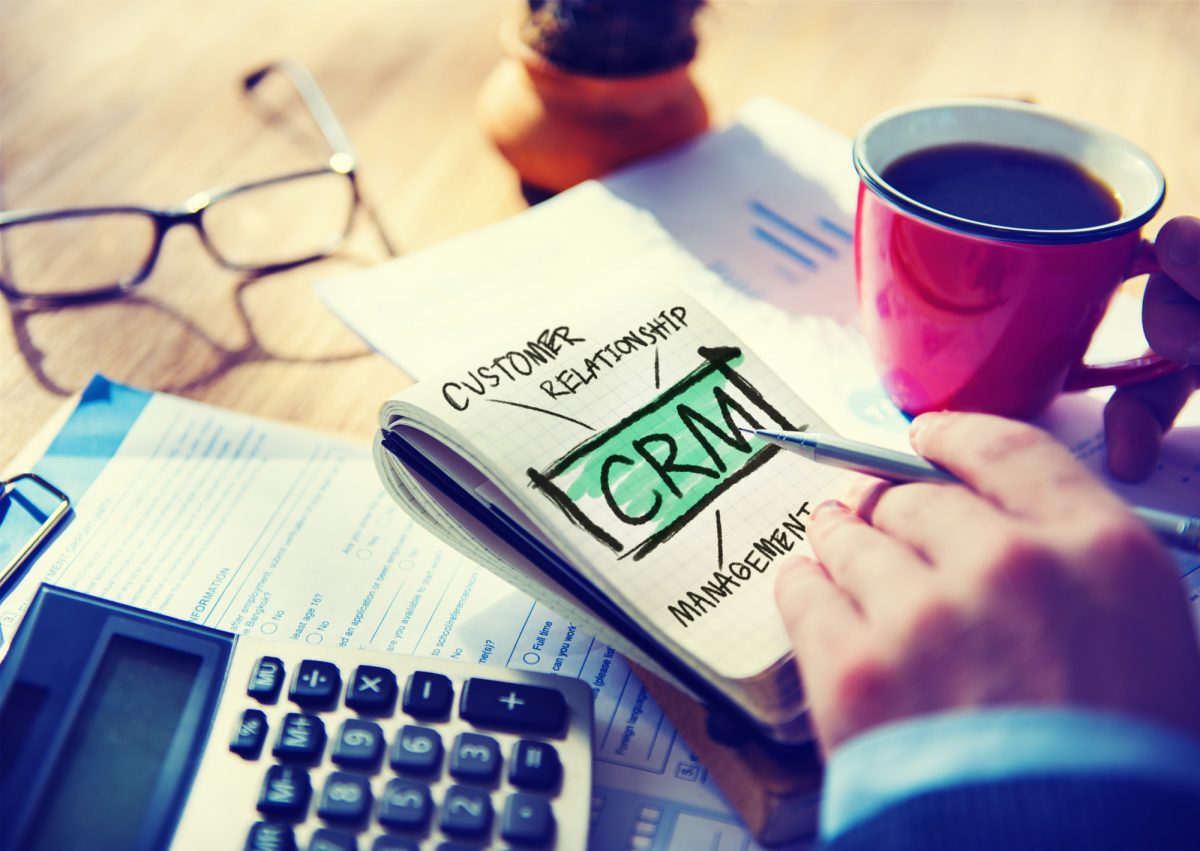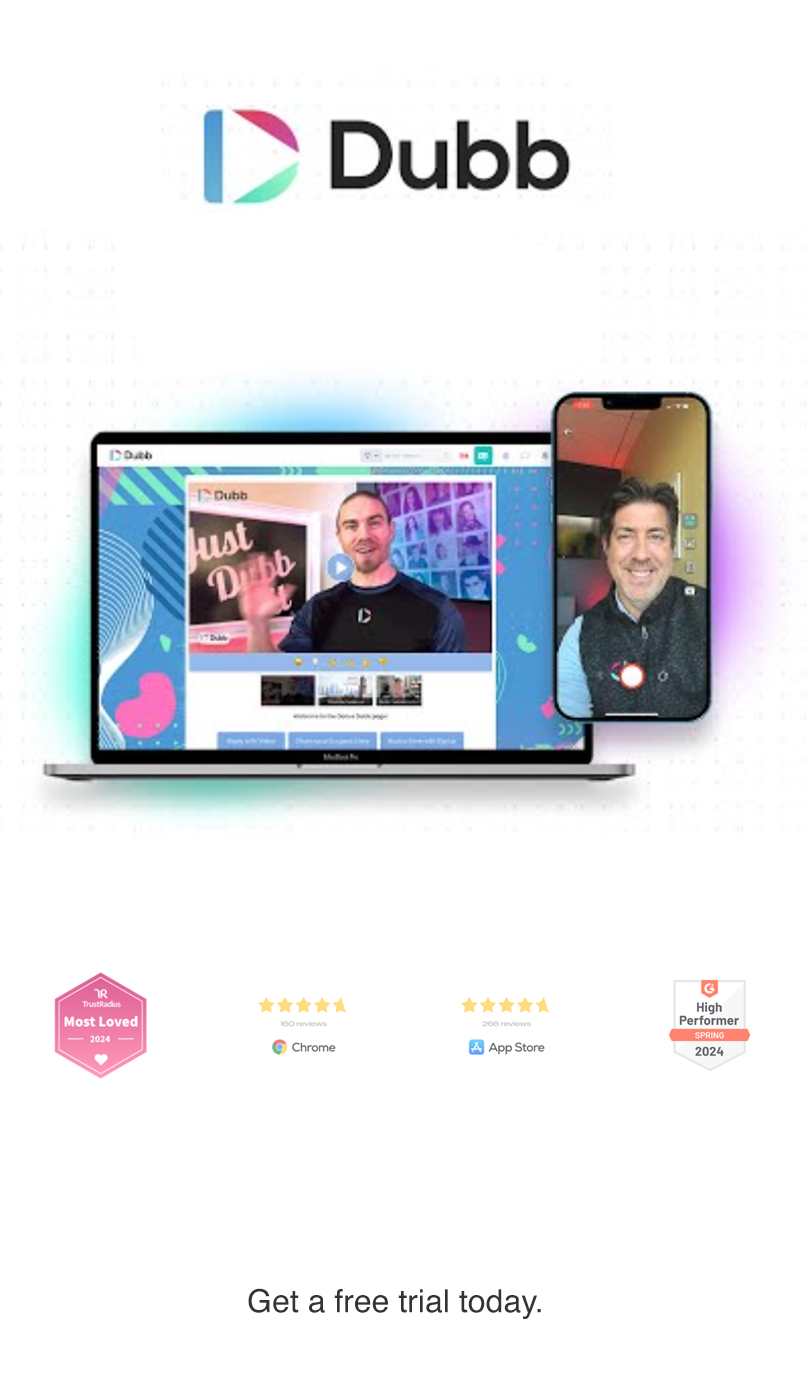There are two ways to grow your business:
- Get more leads
- Convert more of those leads into customers
It takes a lot of time and effort to generate quality leads and convert them into customers.
You need to capture and store important information about your leads and your interactions with them. You need to keep them engaged. You need to nurture your relationship with them.
You need processes to help you manage the communications and relationships between you and your leads. Thankfully, customer relationship management (CRM) tools make it easy to create these processes.
Keep reading to learn how CRM processes help your business:
Harness the Power of Data
In a recent Capgemini study, 65% of companies agreed that they risk becoming irrelevant if they don’t embrace big data. They need to draw valuable insights from their data to keep up with their competition. You do too.
Data provides answers to your most important strategic questions. These answers are grounded in reality. They are based on what has worked in the field instead of gut instincts.
It doesn’t matter if you have all the data in the world. You’ll only find these answers if you can access and analyze your data.
Organize Data
Leads come from many different places: websites, phone calls, conferences, references, social media, emails, and more. CRM funnels all of those leads into the same place.
CRM stores all the relevant information about your leads and customers in one place. That includes information about where the leads came from as well as details about the leads. CRM also keeps track of past communications, purchases, and payments.
Sales, Marketing, and Customer Service can access this data and use it to inform their decisions and operations. The Sales team can use the mobile functionality of CRM tools to get timely data about leads when they’re selling on the go.
Learn About Your Customers
Centralized customer data allows you to gain key insights about your customers. What types of leads are converting to customers?
What are the common characteristics of your loyal customers? Which customers have the most issues and complaints?
You can funnel these insights to Marketing and Customer Service. They can use those insights to improve the customer experience.
Marketing can use this information to refine the ideal customer to target. Customer Service can use this data to allocate more of its resources towards the customers who are most likely to need help.
Learn About Your Operations
Organized customer data enables you to create key metrics, set benchmarks, and monitor results on an ongoing basis. The results tell you what’s working well and what needs improvements.
You can use metrics to identify high-performing team members. You can also use them to find out which employees need more training.
You can break out results by locations. You can see which strategic initiatives are producing the highest ROI.
You can identify improvement opportunities in your sales processes. Do you need to bring in more leads?
Do you need to increase conversion rates? Are you missing opportunities to turn one-time customers into returning customers?
You can gain priceless insights by digging into your data. You can find more Marketing insights on our blog.
Work Smarter
A 2018 report by Workfront shows that U.S. workers spend 40% of their time working on their primary tasks. That means they’re spending the majority of their time on things like meetings, emails, and administrative work.
You can’t completely avoid these non-core tasks. But you can reduce the amount of time and resources they take up.
CRM can help free up your resources so they can focus on what they do best. CRM can help your teams do this work in a smarter way.
Streamline Processes
CRM helps your employees focus on strategically growing the business instead of reactively putting out fires all day.
CRM software standardizes the data that’s captured for your leads, regardless of the source of the leads. Team members don’t have to guess what information needs to be captured. They know exactly what they need to add to the system.
CRM tools automatically capture some of this data. This reduces manual entry and the mistakes that result from it.
CRM also standardizes sales workflows. The standard way of doing things makes it easier and quicker to train new team members.
CRM software comes with training and customer service support that helps you streamline your processes. This leads to spending less time managing your CRM system and more time creating your CRM strategy.
Take the Right Action
CRM tools guide you towards the next step. Automated reminders ensure that Sales doesn’t drop the ball on timely follow-ups.
When it’s time to follow-up, sales reps can quickly get up to speed on past interactions with the lead. This provides them with the context they need to reach out with the right message for each lead.
CRM also helps Marketing take the right actions. Marketing analyzes CRM data to accurately segment leads and buyers. Marketing then provides tailored offers and solutions to each segment.
CRM helps Marketing pinpoint the customers who are most likely to buy again. This increases the success rate of outreach efforts to past customers.
Coordinate Across Departments
Fumbled handoffs from one department to another frustrate customers. It reduces their satisfaction with your company.
One department finishes its job. The other department doesn’t follow-up with the customer on a timely basis and doesn’t know the customer’s history with the company.
CRM provides a solution to this problem. It sends an automated notification to the department that needs to take the next step.
It gives that department access to relevant customer information. For instance, CRM delivers Customer Service with data about a customer’s past payments, returns, and complaints.
Customers feel valued when every department gives them excellent service. They feel like the company cares about them before and after the sale.
Get More Sales with CRM Processes
CRM isn’t a magic solution. CRM strategies work when you have clear goals and well-defined processes.
It’s important to know your business goals before implementing a new CRM tool. How will you use the tool?
What are you looking to get out of it? How will you measure the value it’s providing?
It’s also important to create processes and workflows for Sales, Marketing and Customer Service. CRM tools streamline and automate those established processes.
When you have the right strategies in place, CRM processes put your teams in a position to succeed. They help your teams generate more sales.
Looking for more ways to increase sales? Learn how you can use video to drive sales.
Dubb is a video communication platform that lets users send personalized, trackable videos. The Dubb platform simplifies video sharing with a Chrome Extension, Outlook Add-In, mobile app and website that allow users to share and track screen and camera videos. Dubb offers a free 14-day trial with no credit required.


